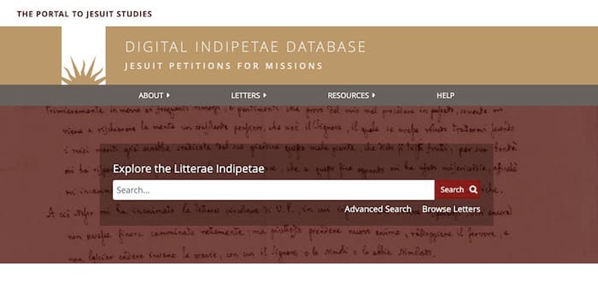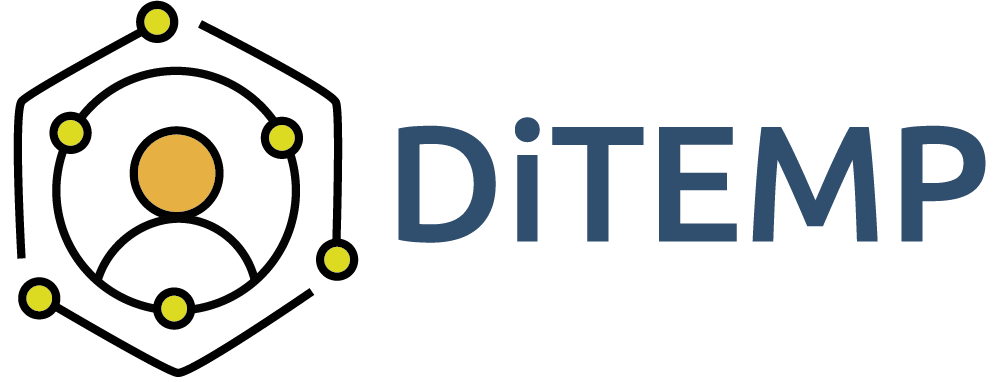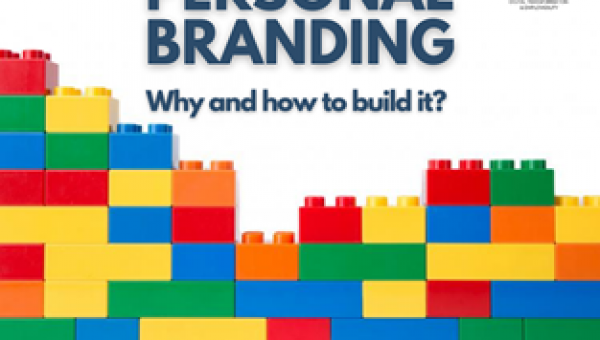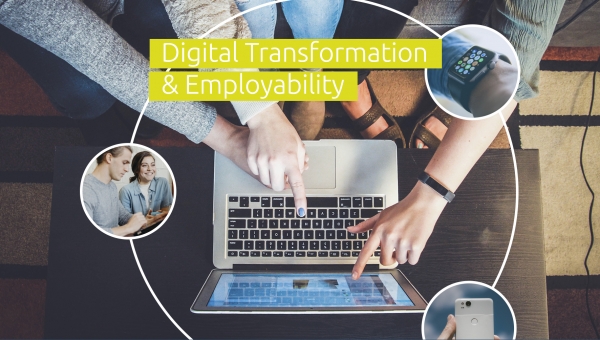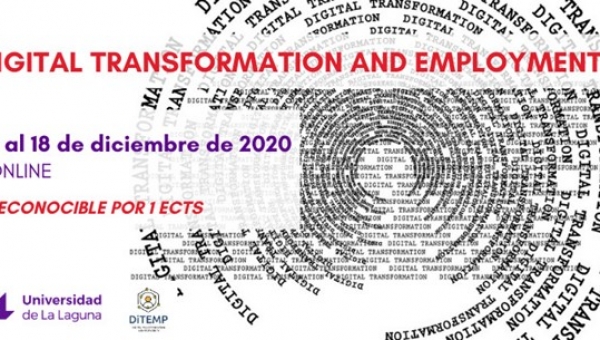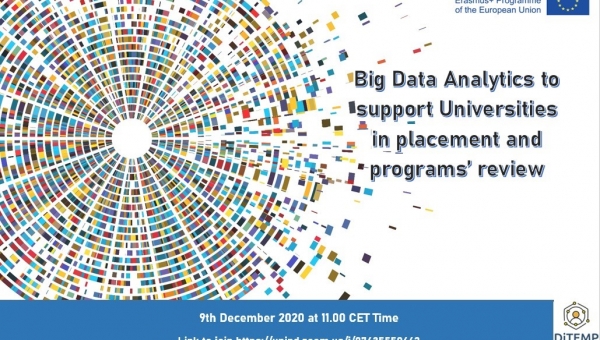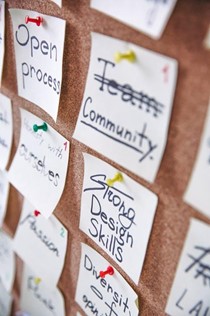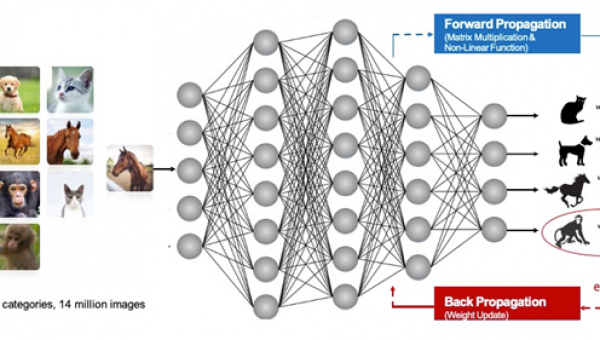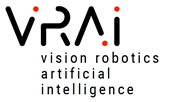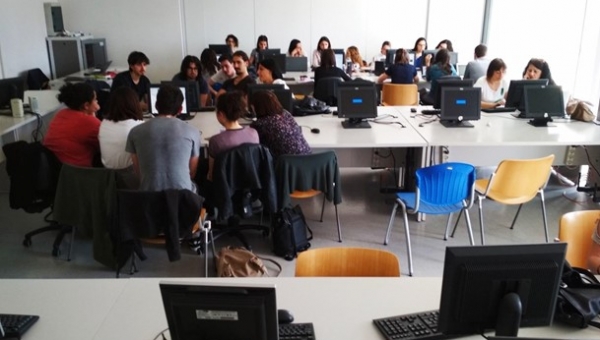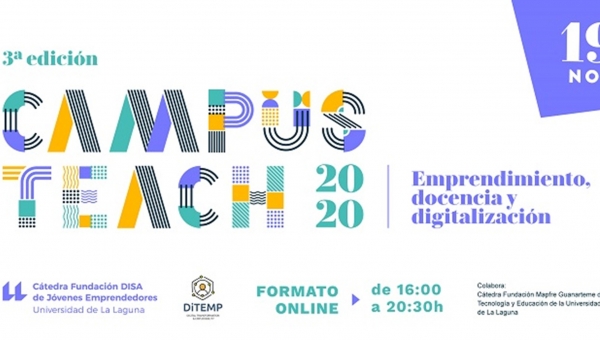How can digital transformation impact Humanities?
On December 17, prof. Emanuele Colombo (tag) from DePaul University (tag) and prof. Sabina Pavone (tag) from UNIMC (tag) will introduce the Digital Indipetae Database (DID), a collaborative project of Digital Humanities that collects Jesuit applications for overseas missions written between the 16th and the 20th centuries.
One goal of the project is to introduce high school and university students to reading, interpreting, and transcribing primary sources and discovering different uses of digital humanities in dealing with archival sources.
The two speakers will concentrate on the LAB "From Paper to Screen" organized at the University of Macerata in October and November 2020.
To join the webinar 'From Paper to Screen - The Digital Indipetae Database at the University of Macerata,' use the following link: http://bct.unimc.it/it/webinar
Date and Time
December 17th, 2020, 16.30
Link to connect:
http://bct.unimc.it/it/webinar
Speaker:
Emanuele Colombo, DePaul University
Emanuele Colombo (PhD, University of Milan and Padua, Italy) is Associate Professor and Chair of the Department of Catholic Studies at DePaul University, Chicago. His research is focused on religious history in early modern Europe: theology and politics, Jesuit missions, and Christian-Muslim encounters in the Mediterranean. He is the executive editor of the Journal of Jesuit Studies (Brill) and the editor of the Digital Indipetae Database (Rome-Boston College). https://depaul.academia.edu/EmanueleColombo
Sabina Pavone (University of Macerata)
Sabina Pavone is Associate Professor in Early-Modern History at the University of Macerata. She wrote several books on Jesuits in Russia, anti-Jesuitism, conversions and Jesuits missions in India. Among her works: The Wily Jesuits (2005, or. ed. 2000); Una strana alleanza. La Compagnia di Gesù in Russia dal 1772 al 1820 (2010); Compel People to Come In. Violence and Catholic Conversions in the non-European World, coed. with Vincenzo Lavenia, Stefania Pastore, Chiara Petrolini (2018).
Addressed to:
Focus:
- Pedagogical Methods
- Field Specific: cultural heritage and tourism; place branding; citizen engagement.
A short presentation of the project is available on YouTube (https://www.youtube.com/watch?v=GEz18qUZk3o&feature=youtu.be)
